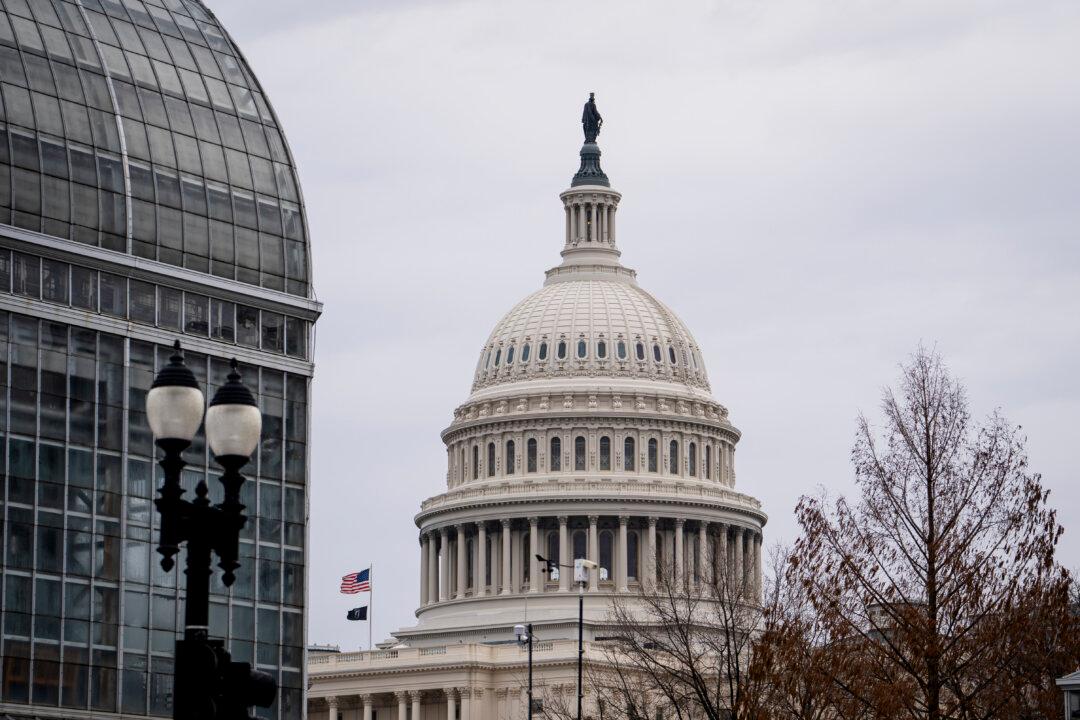The Senate passed six government funding bills on March 8 to avoid an impending shutdown deadline that was poised to activate at midnight later that night.
Senators approved the funding package 75–22 early in the evening on March 8 after hours of debate. Democrats pushed for a faster vote, while Republicans proposed several amendments to the funding package that all inevitably failed.





